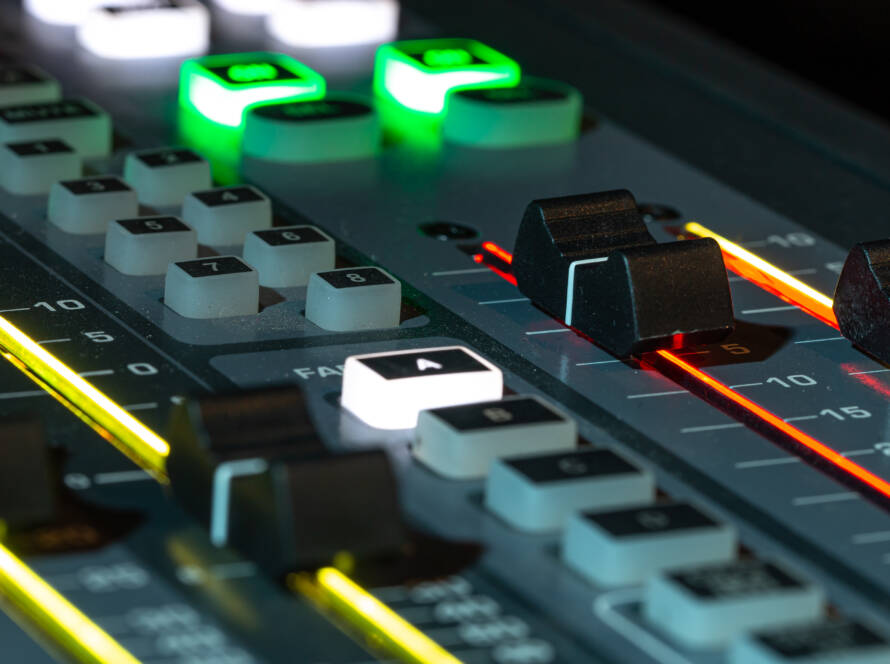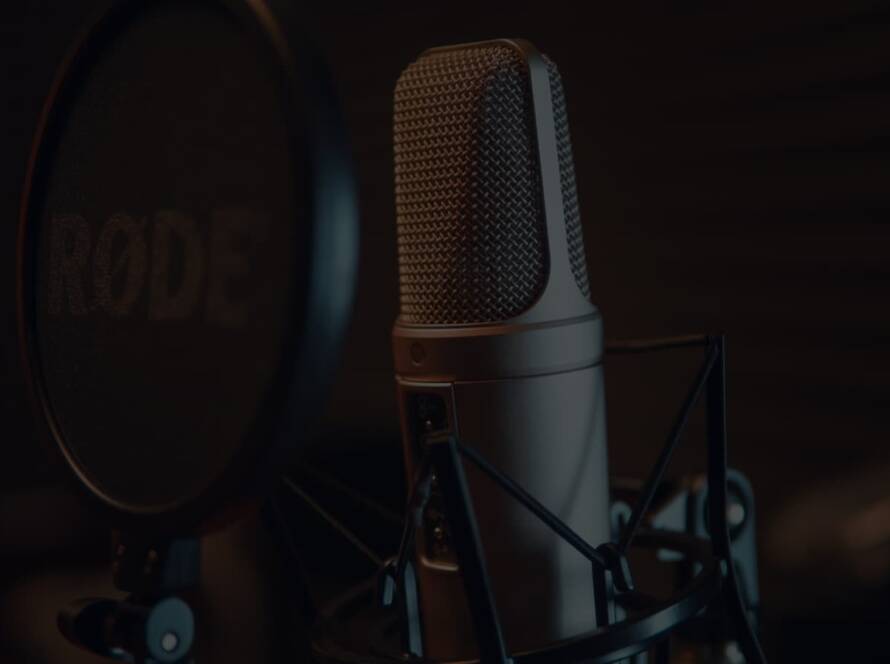In today’s fast-paced working culture, office stress has become a common phenomenon impacting workers across different industries. With deadlines, meetings, and alerts coming from all electronic fronts, employees often experience jitters and a culture of tension, which can decrease productivity. While mindfulness, meditation, and physical exercises have been the conventional ways of dissolving office anxiety and stress, many artists are also of the opinion that good music can do a wonderful job of easing office stress.
The Characteristics of Office Anxiety
Office Anxiety consists of tension, apprehension, and uneasiness felt in an office. It may originate from numerous factors such as stress coming from the level of workload, conflicts between people, or even insecurity of a job. A person would struggle to work under long-term office anxiety; sometimes, even an entire team is involved, along with organizational efficiency.
The Science of the Relationship between Music and Stress Reduction
Music has long been a healing agent. In fact, it has been found that music can produce changes that reduce stress and anxiety physiologically and/or psychologically.
1. Physiological Effects
Heart Rate and Blood Pressure: Soothing music can lead to a decline in heart rate and blood pressure and bring on relaxation.
Cortisol Levels: Listening to music is believed to decrease cortisol levels–a stress hormone–and thus diminish stress.
2. Neurological Effects
Dopamine Release: Simply listening to music brings about a release of dopamine, a pleasure-and-reward neurotransmitter, and thus improves mood and diminishes anxiety.
Brainwave Entrainment: Certain rhythms and tempos have the ability to entrain brainwaves, inducing a state of relaxation and focus.
How to Use Music at Work to Reduce Office Anxiety
Having music in the workplace can be one of the approaches to reducing office anxiety and other well-being problems.
1. Background Music
You can play soft instrumental music in the common areas of the company to create a calming atmosphere and maintain low stress levels.
2. Personalized Playlists
You can motivate employees to listen to music that assists them in coping with stress or boosting concentration using headphones.
3. Designated Relaxation Zones
Having such locations to listen to relaxing music can become havens for employees when experiencing stressful moments.
Selecting Appropriate Music
Not all music is as calming in the context of anxiety reduction in an office environment.
- Genres: Classical music, ambient music, and lo-fi music have been proven to be relaxing.
- Tempo: Lower tempos from 60 to 80 BPM are best for relaxing, while moderate tempos in the 90-110 BPM range are good for focusing.
- Volume: The level of music should be moderate, not loud enough to distract people.
Real-Life Scenarios: How Music Reduces Office Anxiety in Everyday Workflows
While research supports the impact of music, it’s often in the small, everyday moments that its power truly shines. Let’s explore how music naturally helps ease office anxiety in common work situations:
1. The Morning Rush Reset
You arrive late. Your inbox is overflowing. Anxiety builds before your computer even boots up. But then, soothing background music. The audio anchors you. You breathe deeply. You’re not the only one in turmoil—your surroundings have your back. This type of gentle audio intervention dampens office stress without asking employees to put in any additional effort.
2. Midday Slump Turnaround
Everyone crashes in productivity after lunch. Concentration wanes. Tasks weigh more. Instill a lo-fi soundtrack or lively jazz in the shared working space. Energy is restored. Ideas are sparked again. A gentle rhythm in the air can recharge an entire team and sweep away that cloud of stress midday.
3. Solo Deep Work
You’re under a time constraint, and distractions are at their maximum. Feeling stressed and overwhelmed, you insert your earbuds and listen to that comforting concentration playlist you’ve put together over the months. Immediately, the beat reminds your brain it’s time to get into flow. Before long, stress clears the way for momentum. In this way, music acts as a psychological anchor, both directing your attention and soothing your nerves at the same time.
4. Anxious Meetings or Presentations
That all-hands meeting? That presentation to the major client? When you enter a space where soft instrumental music is playing, it instantly reduces the tension. Moreover, it feels deliberate and communicates to your brain: this is a space that puts a high premium on calm and clarity. In fact, simply 5 minutes of calm background music prior to a meeting commencing can significantly shift the emotional state of the room.
Why This Works—Emotionally and Mentally
- Familiar music = safety: It makes the brain remember comfort, familiarity, and control. These are strong antidotes to anxiety.
- Music creates emotional permission: It quietly allows you permission to slow down, breathe, and connect with yourself in the midst of deadlines and chaos.
- It humanizes the workspace: Offices can sometimes feel cold or computer-like. Music makes it feel like there’s emotion in the air again.
Employer Practical Tips:
- Survey taste: Determine your employees’ musical tastes so that a proper playlist can be created.
- Invest in audio equipment: Make the music loud enough to be distinctly heard but not disturbing.
- Set Time for Music: Use music at the right time, establishing proper timings and places for relaxed listening to foster professionalism.
Conclusion
Office stress is a major obstacle in achieving employee happiness and efficiency. The use of music in the workplace offers an easy and useful way of fighting stress and promoting a good working environment. When choosing and applying music with care, employers can achieve a harmonious working environment that works to the individual’s and firm’s advantage.



